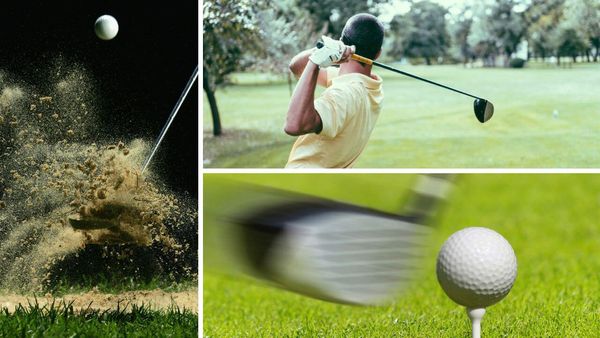Golf simulators are all the rage these days. You see them in golf stores, indoor driving ranges, and even in some people's homes. They promise to give you a realistic golf experience, complete with accurate shot data and virtual courses. But how accurate are they, really? Do they live up to the hype? Let's take a closer look.
How Do Golf Simulators Work?
Golf simulators use high-speed cameras and sensors and doppler radar to track the trajectory of your golf ball and provide you with data about your shot. This data includes things like club head speed, ball speed, launch angle, and spin rate. Based on this data, the simulator can then generate a realistic representation of your shot.
So, Are Golf Simulators Accurate?
For the most part, yes! Golf simulators are designed to be as realistic as possible, and most of them do a pretty good job at replicating the feeling of being out on the course. Of course, there are always going to be some discrepancies between real life and simulated golf, but overall, you should be able to get a pretty good sense of how you're playing when using a simulator.
One thing to keep in mind is that not all simulators are created equal. Some simulators are better than others at replicating real-life conditions, so it's important to do your research before buying one. Additionally, even the best simulator is only as good as the person operating it; if the operator isn't familiar with the simulator or isn't setting it up properly, you might not get an accurate representation of your game.
All in all, golf simulators can be pretty accurate representations of your game. However, it's important to do your research before buying one and to make sure that it's being operated correctly.
If you've been thinking about purchasing a golf simulator give in to temptation and click the link below. It's okay, we won't tell anyone. In fact, we think you deserve a little break from work/school/life and some time to scope out the best golf simulator for under $1000.










Member discussion